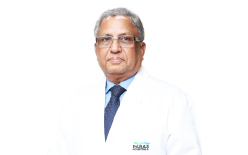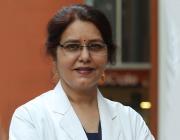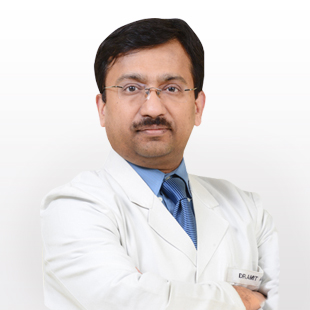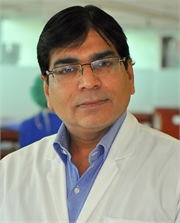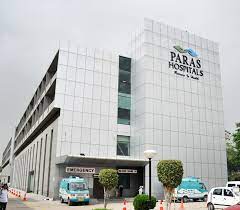About The Doctor
Dr. (Col.) Ranga Rao has a vast experience of more than 30 years is the field of Medical Oncology. His areas of specialty are Cancer of Lung, Pleura, Breast, Ovarian, Cervical, Esophagus, Stomach, Small Intestine, Colon, Rectum, Liver, Gall Bladder, Pancreas, Bone, Skin, Lymphomas of all types, Brain Tumors, Kidney, Urinary Bladder, Prostrate, Head and Neck. He has established and strengthened the various cancer centers and departments with evidence based compassionate oncological care, strong academics, SOPs and brought up each department with utmost care and expertise. He conducted several research projects and has many national and international publications, posters to his credit.
Specialization
- Medical Oncology
Awards
- Awarded ‘Vishisht Seva Medal’ by President of India for meritorious and distinguished service rendered in Armed Forces on the eve of Republic Day 2006.
- Col KK Gupta Memorial Gold Medal 1984 for standing first in Advance course Medicine 1982-84.
- Lt Gen R S Hoon Award 1994 for the original paper entitled “Immuno-phenotyping of Acute Leukaemia”
- Best Original Article Award MJAFI 1995 for original paper entitled “use of Long –term venous Access in patients of Acute Leukaemia and NHL”.
- Lt Gen RS Hoon Award 1996, for original paper entitled “Preliminary analysis of Alpha Interferon therapy in Chronic Myeloid Leukaemia”.
- Air Marshall Ajit Nath Guru Shanti Devi Award 1997 for original paper entitled “Impact of prophylactic use of Colony Stimulating Factors on neutropenia and infections in moderately intensive chemotherapy”.
- 2nd Best Poster Award Merck Serrano Oncology Summit Hong Kong March, 2012 : Palliative weekly chemotherapy along with cetuximab in recurrent and metastatic head and neck cancers an observational phase IV Retrospective Analysis.
Frequently Asked Questions About Oncology
How many kinds of tumours are there?
There are two kinds of tumour – Malignant & Benign. A benign tumour is more common, and is generally harmless. It doesn’t spread to other parts of body. A malignant tumour on the other hand, never stops growing unless until treated and can spread to other parts of the body. cancer is the name given to a malignant growth.
Is cancer contagious or infectious?
No. Since cancer is not caused by a germ, it is not “catching”, and cannot be transmitted from one person to another.
How does Cancer spread?
A malignant tumor is made up of cancer cells. When it first develops, this malignant tumor may be confined to its original site. This is known as a cancer in situ (or carcinoma in situ). If these cells are not treated, they may spread beyond their normal boundaries and into surrounding tissues, becoming invasive cancer. Some benign tumors are precancerous and may progress to cancer if left untreated. Other benign tumors do not develop into cancer. For a cancer to grow bigger than the head of a pin, it must grow its own blood vessels. This is called angiogenesis. Sometimes cells move away from the original (primary) cancer, either by the local tissue fluid channels (lymphatics) or in the blood stream, and invade other organs. When these cells reach a new site, they may continue to grow and form another tumor at that site. This is called a secondary cancer or metastasis.
What are the warning signs of Cancer?
The chances of curing cancer increase with early detection. The Indian Cancer Society and other organizations recommend paying attention to seven warning signs of cancer:
– Changes in bowel or bladder habits
– Unusual bleeding or discharge
– A sore that does not heal
– Indigestion of difficulty swallowing
– A nagging cough or hoarseness
– A thickening or lump in the breast or elsewhere
– An obvious change in wart or mole
A physician can detect cancer by taking medical history, performing routine check ups, cancer screening tests, imaging techniques and tissue biopsy.
What is Chemotherapy used for?
Chemotherapy is given for the following reasons:
– Shrink tumors
– Slow cancer’s growth
– Keep the cancer from spreading
– Relieve diseases related symptoms
– Prolong survival
Chemotherapy is used to treat many different types of cancer. The type, location, and stage of the cancer as well as your general health will largely determine if chemotherapy is appropriate and which agents ought to be used.
What are the benefits of taking treatment through MMT instead of directly from the doctor?
We provide services from top doctors across top hospitals to ensure that you get the best treatment.
